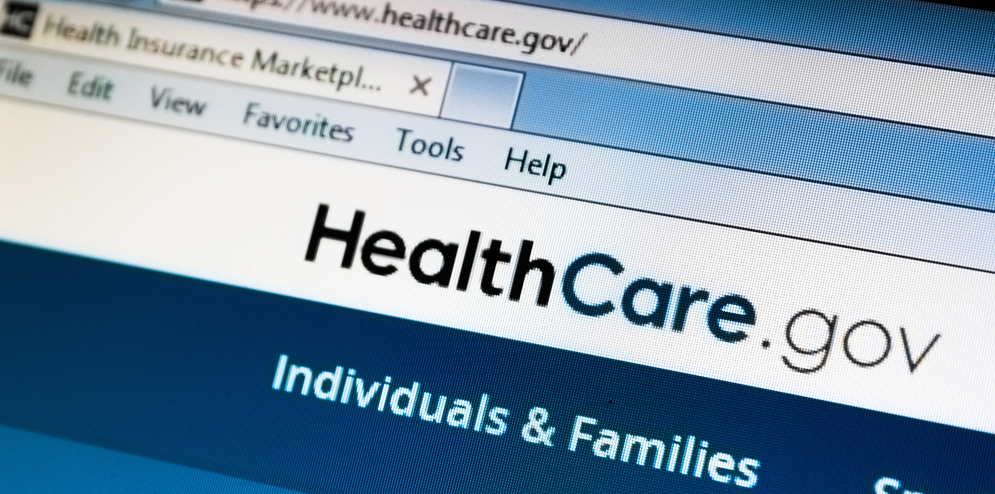The Affordable Care Act contains many expensive provisions—from the employer mandate to new tax hikes—making life more difficult for job creators and their employees. But it doesn’t include a public option, the government-run health insurance program which would bring us one step closer to socialized medicine.
One reason is that the nonpartisan Congressional Budget Office (CBO) estimated that the federal government’s healthcare option would actually be more expensive than private plans.
This has led states to toy with government-run healthcare on their own. Vermont, for example, was close to adopting a single-payer system—in which the government provides universal health insurance—but the plan was scrapped due to an unprecedented tax burden. Providing government health insurance for all was projected to cost$4.3 billion in its first year alone—with Vermont taxpayers picking up a $2.6 billion tab. Personal income taxes and employer payroll taxes would have skyrocketed.
Now Colorado is stepping up to the plate. This November, Coloradans will consider Amendment 69, which would create a government-run healthcare system called ColoradoCare. The program aims to insure all state residents by collecting a premium based on the patient’s income. About 83 percent of Coloradans would be covered by ColoradoCare, while the other 17 percent are still covered by Medicare and the Veterans Administration.
But ColoradoCare has garnered bipartisan opposition (including from Colorado’s governor) because it comes with a $25 billion tax hike, nearly doubling the size of Colorado’s $27 billion state budget. In addition to a new 10 percent “health care premium tax,” the amendment calls for a 6.67 percent payroll tax increase for employers and a 3.33 percent payroll tax increase for employees. It would leave less money in the pockets of individuals and small businesses, which account for 97.6 percent of all Colorado employers and tens of thousands of new career opportunities annually.
When higher taxes burden job creators, they’re left with fewer resources for business expansion and private investment. This leaves job-seekers fewer options in the labor market, while hampering the overall economy.
Like many government policies, universal health care sounds appealing—until you see the price tag.



